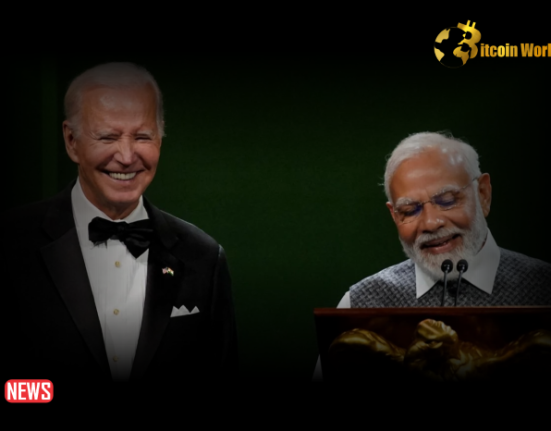According to the Economic Times on Wednesday, the Indian government may not introduce a cryptocurrency bill in the forthcoming session of Parliament.
According to the journal, which cited anonymous government insiders with knowledge of the topic. Then , the government wants to hold additional conversations and develop consensus on the regulatory framework for bitcoin.
So, According to Indian top finance ministry official,
“The crypto bill may not be introduced in the budget session. It is a complex subject. This will require more time.”
A cryptocurrency measure to be on debate during parliament’s winter session, however it is not up. The law is currently under rework by the government, according to reports.
So, the Indian government wants to wait for technical inputs from the central bank, the Reserve Bank of India (RBI), after the trial launch of its central bank digital currency (CBDC), the digital rupee, according to the official. The pilot program is to begin in the coming months.
The Reserve Bank of India suggest that bitcoin be outlaw completely. Then,The RBI’s central board of directors recently stated that a partial prohibition would be ineffective. The central bank has repeatedly cautioned about the dangers that cryptocurrencies poses to the financial system of the country.
Indian Prime Minister Narendra Modi urged for global cooperation to address the issues posed by bitcoin earlier this week.
In the meanwhile, the Indian cryptocurrency industry is looking for tax certainty in the Union Budget. Lastly, The Directorate General of GST Intelligence (DGGI) raided key crypto exchanges recently and discovered “vast” GST tax fraud.
Related Posts – Ex-SEC Chair, Jay Clayton Believes Cryptocurrency Industry Is For Long Haul














